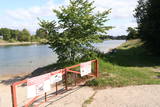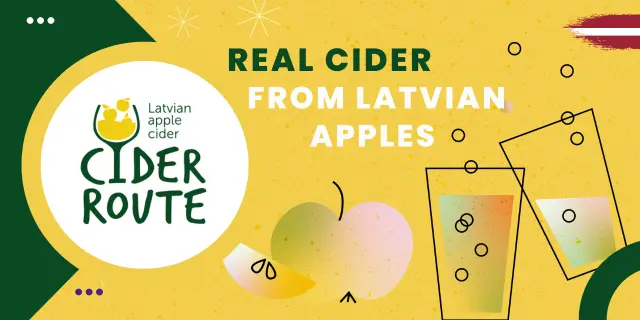How Greed Sank a Ship: Karosta, Liepaja
The soldier did a good job – the vodka appeared on board quite soon. The drinking continued until the officers noticed that the stern of the ship was slowly sinking, even though the ship was berthed.
The 1990s brought along not just the breath of freedom and the world, but also things with which we were not familiar. Latvia suddenly became the largest exporter of ferrous metals in Europe. Much of the metal was stolen from all kinds of places, beginning with graveyards, where monuments were dismantled, and ending with sculptural objects and power stations and power lines. True, some of these criminals were not familiar with electricity, and their greed brought their lives to a pitiable close. Damage was also suffered by the phone company, and thieves even plundered the communications and security systems of Latvian Railways. Soviet military bases were not immune to the process either, once it became known that they would have to be shut down.
In the autumn of 1993, a production team from a television broadcast called “Ahoy!” set out for the town of Liepāja to produce a story about the history of its naval port. A local author was brought alone as a guide. There were some security concerns – it was not known how the Russian forces would react to the appearance of a video camera and the production staff. We arrived at the Winter Port and thought about what to do. The bar across the road was raised, but there was a soldier with a Kalashnikov. We drove up to him. The soldier smiled broadly, saluted, and said nothing. We filmed scenes of distant naval ships, and then we were preparing to leave, but something attracted our attention – a fairly large missile ship at port, with its back hung up on wires and connected to a large crane on the pier. We asked our guide what that meant. He laughed and explained that the situation had to do with … alcohol. Officers boarded the ship for a party. The vodka ran out, and the officers had no money. What to do? One of them said that a company which bought up ferrous metal was right nearby, so why not bring it some of the junk that was on the ship so that more vodka could be bought. Of course, officers can’t do something like that, so a young soldier was brought in, told to collect ferrous scrap metal from the ship, turn it into cash, and come back to the ship with the vodka. The soldier did a good job – the vodka appeared on board quite soon. The drinking continued until the officers noticed that the stern of the ship was slowly sinking, even though the ship was berthed. It turned out that the soldier had unscrewed what are known as kingstons – screws to be unscrewed if the ship had to be scuttled. The ship nearly sank, and a crane had to be brought in. We don’t know what happened to the captain and the other drunks, although there is reason to doubt whether they had as many stars on their epaulets afterward as they did before.
| Tourism objects involved in this story | ||
|---|---|---|
The Karaosta canal and its naval and submarine base date back to the tsarist era in advance of World War I. The former submarine base is now closed to visitors and is used for business purposes. The canal can be viewed from Pulvera Street and the restored Kalpaks bridge. |
||









